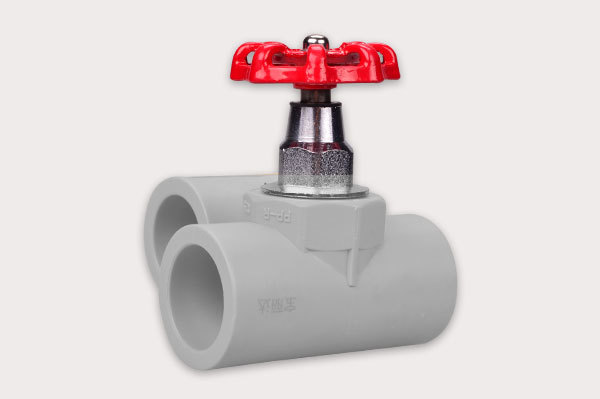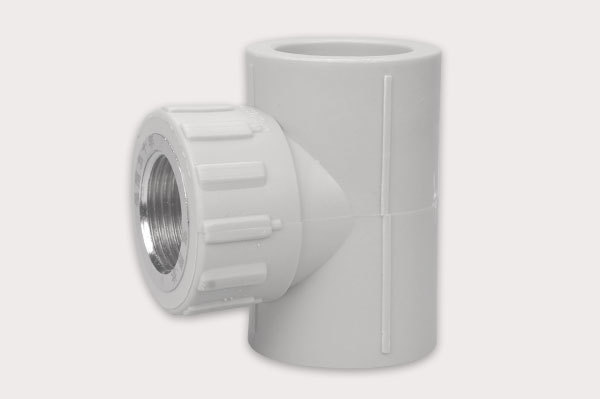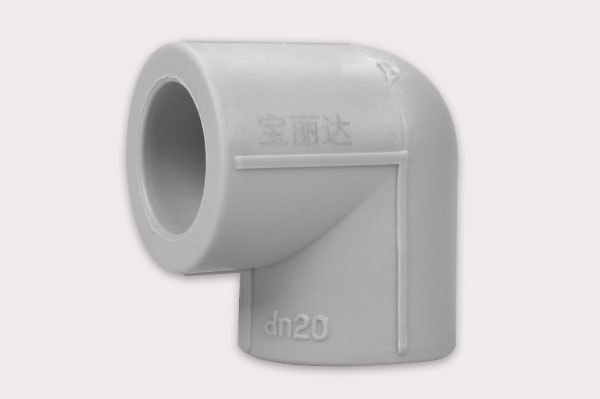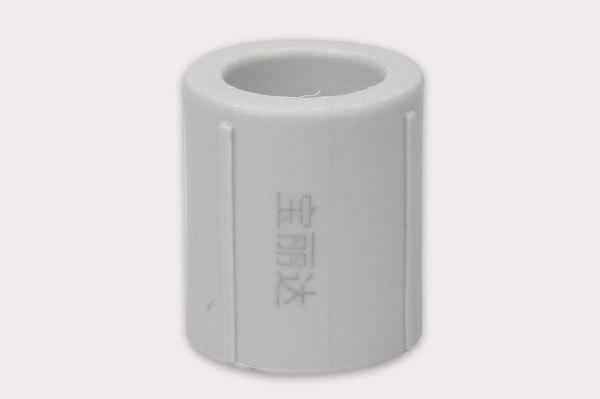
Share to
conduit
Product Category
Keywords
- Product Description
-
conduitGeneral introduction
1. Strong corrosion resistance
-
Chemical corrosion resistance: PVC pipes have excellent tolerance to chemicals such as acids, alkalis, salts, greases, etc., and are suitable for industrial wastewater and chemical fluid transportation.
-
No rust and no scaling: Compared with metal pipes, there is no need to worry about rust or internal sediment accumulation, and the inner wall remains smooth after long-term use.
2. Lightweight and easy to install
-
Light weight: The density is only 1/5 of that of steel, which makes handling and construction more labor-saving, reducing transportation and labor costs.
-
Easy to connect: Adhesive, flange or rubber ring connection is adopted, which is fast to install and does not require welding or special equipment.
3. Low fluid resistance
-
Smooth inner wall: Low friction coefficient, small water flow resistance, high transmission efficiency, and lower energy consumption than metal pipes.
-
Long-term stable diameter: Not easy to accumulate scale, and can maintain stable flow and pressure.
4. Good economy
-
Low price: Low raw material cost, and the comprehensive cost is much lower than metal pipes (such as copper pipes and galvanized steel pipes).
-
Low maintenance cost: No need for anti-rust treatment, long service life (up to 50 years or more), greatly reducing maintenance costs.
5. Excellent durability
-
Anti-aging: PVC-U pipes with added UV stabilizers can be used outdoors and have good weather resistance.
-
Moderate strength: The pressure resistance meets the general water supply and drainage needs, and some models can withstand high pressure (such as PVC-M/PVC-O).
6. Hygiene and safety
-
Non-toxic certification: Food-grade PVC pipes meet drinking water standards (such as NSF, GB/T 17219), do not breed bacteria, and are suitable for water supply systems.
-
No pollution: No harmful substances are released during production and use (Note: environmental protection standards must be met).
7. Insulation and flame retardancy
-
Electrical insulation: Non-conductive, suitable for electrical applications such as cable protection sleeves.
-
Self-extinguishing: High flame retardancy, extinguishes immediately when away from fire, reducing fire risks.
8. Environmental protection
-
Recyclable: Waste PVC pipes can be recycled and reused to reduce environmental burden.
-
Energy-saving production: Manufacturing energy consumption is lower than metal pipes, and carbon emissions are lower.
9. Wide application
-
Multiple scenarios: Covering building drainage (such as UPVC), municipal sewage (double-wall corrugated pipe), agricultural irrigation, electrical conduit, etc.
-
Various specifications: Diameters range from a few millimeters to large drainage pipes (such as DN500 and above), meeting different needs.
-
conduit
Product Category
Keywords
Online Inquiry
After submitting the message, we will arrange a specialist to contact you as soon as possible





